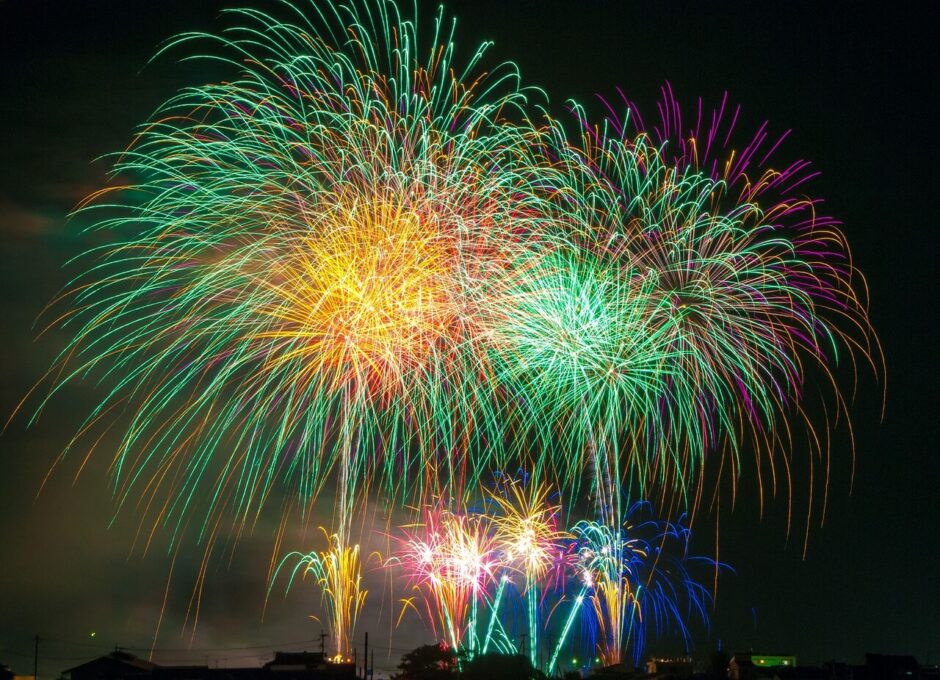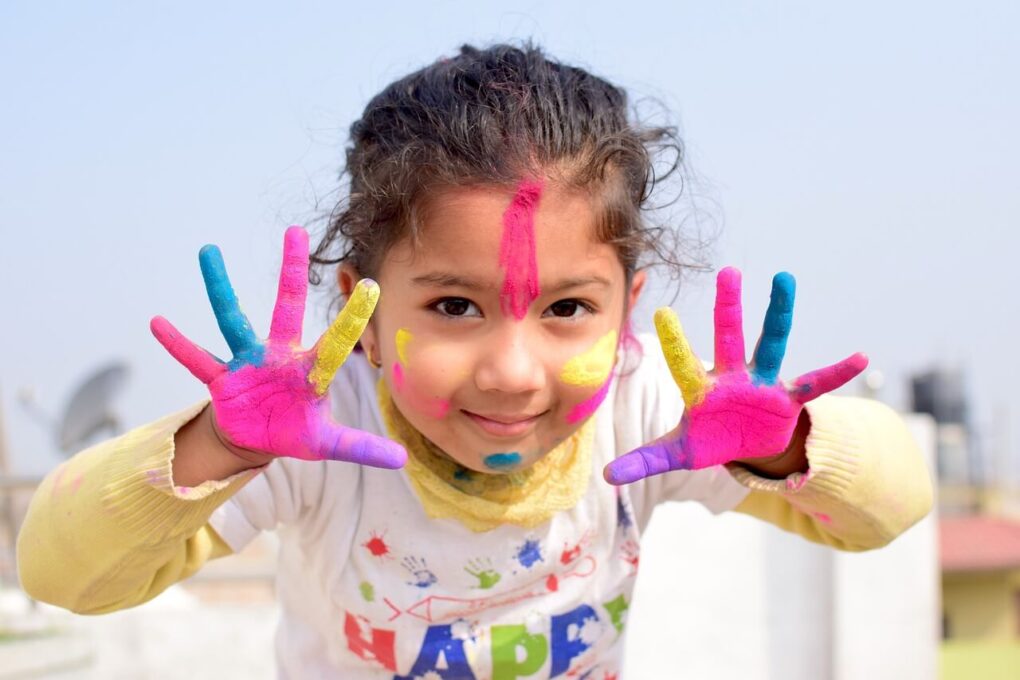Describe a traditional festival (or tradition) that is important in your country
You should say:
- when the festival occurs
- what you do during it
- what you like or dislike about it
- and explain why this festival is important
Sample Answer-1

Describe a traditional festival (or tradition) that is important in your country IELTS CUE CARD
Introduction:
One of the most significant and cherished festivals in my country is Diwali, also known as the Festival of Lights. Celebrated with immense joy and enthusiasm, Diwali holds a special place in the hearts of millions, including mine, and is a time of unity, festivity, and cultural richness.
When the festival occurs:
Diwali usually occurs in October or November, depending on the lunar calendar. It marks the victory of light over darkness and is a five-day celebration, with the main day known as the ‘Lakshmi Puja’ falling on the third day.
What you do during it:
During Diwali, homes are adorned with colorful decorations, and families come together for prayer, feasting, and the exchange of gifts. Lighting oil lamps, bursting fireworks, and enjoying traditional sweets are integral parts of the celebration.
What you like or dislike about it:
I adore the vibrant atmosphere and the sense of togetherness that Diwali brings. The dazzling display of fireworks, the warmth of family gatherings, and the traditional rituals make it a joyous occasion. However, the noise pollution caused by excessive fireworks can be a drawback.
And explain why this festival is important:
Diwali holds immense cultural and religious significance. It symbolizes the triumph of good over evil and the victory of light over darkness. The festival is a time for reflection, gratitude, and strengthening bonds with family and friends, making it an integral part of our cultural identity.
a traditional festival that is important in your country
Sample Answer-2

Describe a traditional festival (or tradition) that is important in your country IELTS CUE CARD
Introduction:
In the cultural mosaic of India, Holi, the Festival of Colors, emerges as a jubilant expression of joy and camaraderie. This vibrant celebration holds a special place in the hearts of millions, fostering a sense of unity and exuberance.
When the festival occurs:
Holi, a spring festival, usually graces the calendar in March. As winter bids adieu and nature blooms, Holi brings an explosion of hues to mark the arrival of spring.
What you do during it:
Holi is a kaleidoscope of festivities where people come together to splash vibrant colored powders, sing and dance to lively music, and savor a variety of traditional sweets. The air is filled with laughter and the spirit of togetherness.
What you like or dislike about it:
The infectious enthusiasm and the visual spectacle of colors engulfing everyone are the highlights of Holi. However, the excessive use of water during celebrations is a concern, impacting the environment negatively.
And explain why this festival is important:
Holi transcends religious and social boundaries, embodying the spirit of inclusivity and joy. It symbolizes the triumph of good over evil and the arrival of spring, fostering unity among diverse communities. Its significance lies in promoting a sense of brotherhood and the renewal of bonds.
a traditional festival that is important in your country
Follow-up Questions:
1.Are traditional holidays disappearing?
While some traditional holidays may be overshadowed by modern lifestyles, many continue to thrive. The importance of preserving cultural heritage has led to efforts in keeping traditional holidays alive, even in the face of changing times.
2.Do children like to learn about traditional festivals?
Yes, children often find traditional festivals fascinating as they involve exciting rituals, stories, and festive activities. Learning about these traditions helps them connect with their cultural roots and appreciate the diversity of celebrations.
3.Is music important to traditional festivals?
Music plays a vital role in traditional festivals, adding to the festive spirit. Traditional songs and melodies associated with specific celebrations contribute to the overall cultural experience and are often passed down through generations.
4.What’s the difference between festivals now and in the past?
The evolution of festivals lies in the changing societal dynamics. While the core traditions may persist, contemporary celebrations often incorporate new elements, influenced by technology, global trends, and evolving social norms.
5.Do you think western festivals like Christmas are replacing traditional festivals in your country?
While Western festivals like Christmas are celebrated with enthusiasm, they are not replacing traditional festivals. Instead, they coexist, offering people the opportunity to embrace a variety of cultural celebrations.
6.Do you think it is wrong for children not to celebrate traditional festivals?
It is not inherently wrong for children to not celebrate traditional festivals, as individual choices and family practices vary. However, participating in cultural celebrations can provide valuable insights into heritage and foster a sense of belonging.
7.Is it important for children to learn about traditional festivals at school?
Yes, incorporating the learning of traditional festivals in school curricula is crucial. It helps students understand their cultural identity, promotes tolerance, and instills a sense of pride in their heritage.
8.Do children like to learn about traditional festivals?
Yes, many children enjoy learning about traditional festivals, especially when presented in engaging and interactive ways. It allows them to connect with their cultural roots and appreciate the diversity of celebrations.
9.Why do people hold events to celebrate?
People hold events to celebrate for various reasons, including expressing joy, fostering community bonds, and commemorating cultural or religious significance. Celebrations create a sense of unity, shared identity, and an opportunity for collective happiness.
a traditional festival that is important in your country
Tips for IELTS cue card:
a traditional festival that is important in your country

